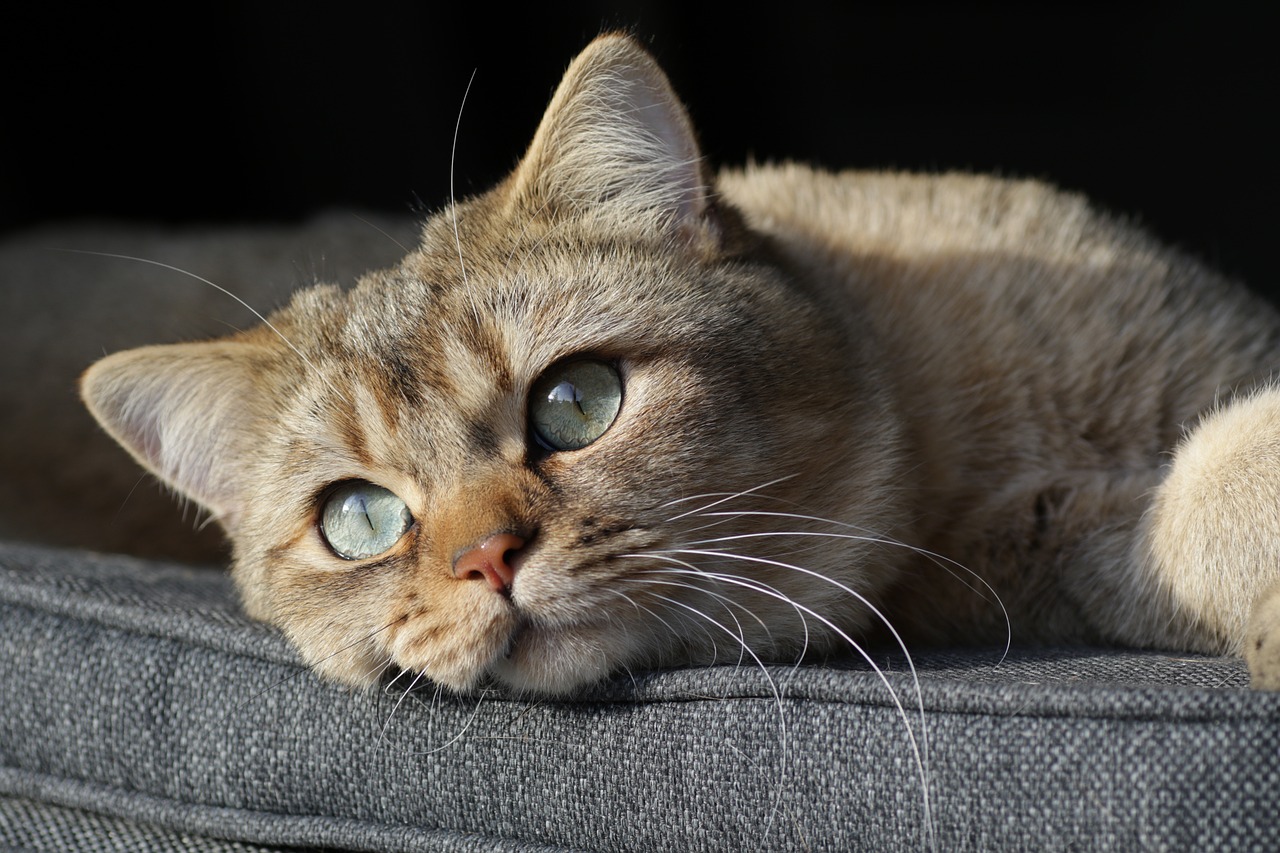by MARSHALL BONE
As pet parents, we all want our furry companions to live long, happy, and healthy lives. However, when something unexpected like a cyst appears on your cat, it can be alarming. While most cysts are diagnosed as benign, they can still cause discomfort, become infected, or grow in size. Learning how to prevent cysts in your cat can help you keep them healthy.
What Are Cysts?
Cysts are sac-like structures that can form on the skin, under the skin, or inside your cat’s body. These sacs can be filled with fluid or air, as well as bacteria. There are several different types of cysts. Sebaceous cysts are cysts that form in the sebaceous glands of your cat’s skin. Follicular cysts form around the hair follicles of your cat’s fur. These two types of cysts are benign (not cancerous), but they can still cause your cat pain and discomfort.
It is important to understand that some cat breeds are more prone to cysts due to their genetics, age, or health conditions. While most cysts are harmless, any unusual lumps or bumps on your cat should be seen by a vet. Proper diagnosis and treatment are key when it comes to keeping your cat healthy and preventing cysts.
Steps To Prevent Cysts
While a cyst cannot always be prevented, there are several proactive measures you can take to reduce the chances of your cat developing cysts. These steps focus on maintaining your cat’s overall health and well-being, which can also reduce the likelihood of cysts forming.
- Maintain Regular Grooming – One of the simplest and most effective ways to prevent cysts in your cat is by regularly grooming your cat. Brushing your cat’s coat helps stimulate their circulation, remove dirt and debris, and sluff off dead skin cells that can clog hair follicles and sebaceous glands. Regular grooming allows you to spot any lumps, insect bites, injuries, cuts, or other changes on your cat. If your cat has long hair, mats and tangles can form, irritating your cat’s skin and potentially causing scabs or sores.
- Keep Your Cat’s Skin Clean: A clean cat is often a healthy cat! Cats are excellent groomers and do a great job of keeping themselves clean. Sometimes, however, they may need a little extra help, especially if your cat is older. Regularly checking for skin irritations, wounds, sores, infections, bites, and mats can help you catch any potential problems early. If your cat has an extra oily coat, consider giving them a bath using vet-approved shampoos to clean their fur and skin. Trim away any mats or tangles your cat may have in their fur. These steps can help you prevent cysts from forming on your cat.
- A Balanced Diet: Your cat’s diet plays a significant role in its overall health. A good diet can contribute to your cat’s skin, fur, energy, digestion, and more. Feeding your cat a well-balanced diet that includes high proteins, healthy fats, and essential vitamins can help your cat maintain healthy skin and fur. You can also give your cat supplements, like omega-3 fatty acids, which support skin health and can lower the risk of your cat developing cysts. These supplements can be easily added to your cat’s diet to provide extra support in maintaining healthy skin.
- Regular Vet Check-Ups: Routine veterinary check-ups are crucial for catching any health issues early, including developing cysts. Your vet can perform a thorough examination and provide you with instructions on how to best care for your cat. Vets can recommend preventive measures specifically tailored to meet your cat’s needs. This routine professional examination by your vet will ensure that your cat does not have any cysts, and if they do, your vet can treat them.
- Monitor Your Cat For Allergies: Cats can have allergies, just like people do. Cats with allergies and other skin conditions may be more prone to developing cysts. Allergies can cause itching, inflammation, and irritation that causes your cat to scratch themselves. These irritations can increase the odds of a cyst developing. If you notice your cat constantly scratching and licking themselves, or if you see a rash developing, this could be a sign that your cat has allergies. Talk to your vet to get allergy testing for your cat. Your vet can determine if your cat is allergic to allergens like food, fleas, or the environment. Your vet can then determine the best treatment for your cat’s allergies, which will help prevent a situation where cysts can develop.
- Minimize Your Cat’s Stress: Just like us, our cats can be affected by stress, which can affect their health. Stress in cats can lead to a weakened immune system, potentially making the conditions ripe for a cat to develop cysts. Keeping your cat’s environment calm and clean will help keep your cat calm and stable. Provide your cat with plenty of enrichment and play. Give your cat a safe space where they can retreat and have quiet time. All of these tips can help minimize stress in your cat and promote good health.
- What To Do If You Find A Cyst On Your Cat: If you find a cyst on your cat, don’t panic. Get your cat’s cyst checked out by a vet. Remember that most cysts are benign and can be easily treated. In some cases, treatment may mean your vet will drain your cat’s cyst if the cyst is infected or has become uncomfortable for your cat. Your vet may tell you to watch the cyst to see if it grows larger over time. You can also give your cat supplements, which improve your cat’s skin health and aid in the healing process.
Care For Your Cat’s Overall Health
Preventing cysts in cats starts with maintaining good overall health. Regular grooming, a healthy diet, a stress-free environment, supplements, and routine vet visits can go a long way in reducing the chances of your cat developing cysts. Keeping an eye on your cat’s skin health and watching for any unusual lumps will ensure that you catch potential issues early.







